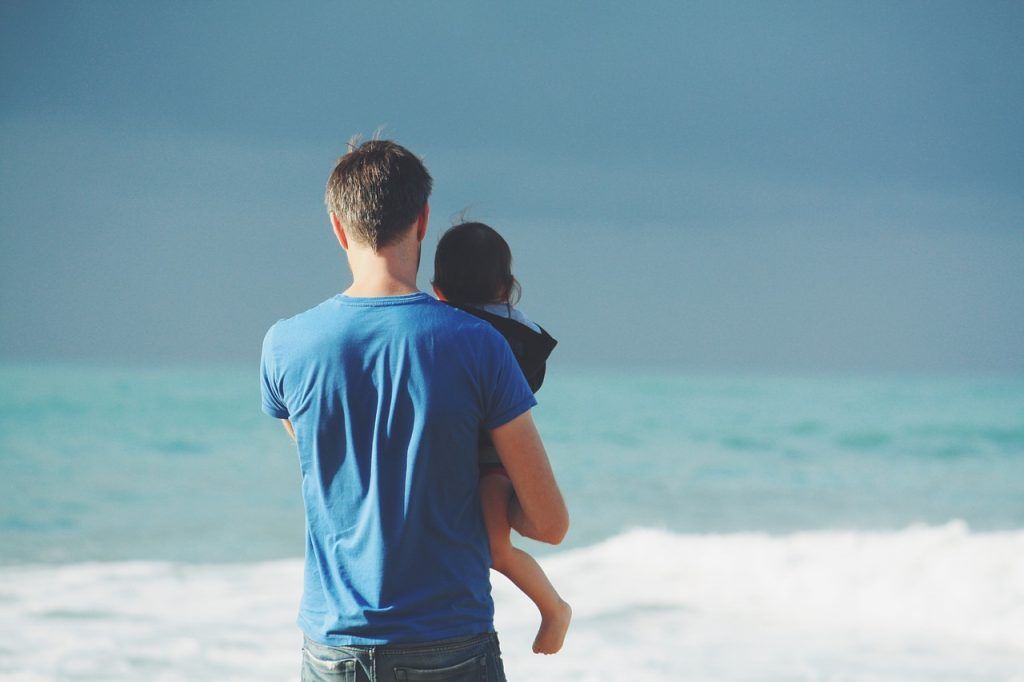Danish family law discriminates against gay couples, single parents and others who live in alternative family structures, claims a PhD dissertation written by researcher Freya Semanda for the law faculty at Copenhagen University.
Although Danes are increasingly choosing to live in alternative family constellations, they do not always have the same rights as parents who live in a conventional relationship.
“The legal regulation of parenthood follows a very long tradition that excludes relationships which fall outside traditional heterosexual marriage,” Semanda told magazine Videnskab.
“Formulations in the Children Act basically assume that a child always has two parents, one of whom is the woman who has given birth to the child.”
READ MORE: Ethical Council: Danish single men should not have right to surrogate mother
Gay couples and surrogate mothers
Nevertheless, some changes to the law have gradually been made: a woman living in a lesbian relationship can today become a co-mother to her wife’s child.
However, gay couples who have a child thanks to the help of a friend or a surrogate mother are still in danger of being discriminated against.
The law states that the woman giving birth is the child’s mother in the legal sense, even if she has no intentions to keep the baby.
Parents can only adopt a child they got with the help of a surrogate mother after 2.5 years, which means that the father or mother who is not biologically related to the child is not entitled to maternity leave.
Similarly, step-parents do not have the same rights as biological parents, even if they are the child’s primary caregivers.
For instance, they are not automatically guaranteed the right to paternity leave or paid leave on the child’s first sick day.
READ MORE: The male abortion: no clinic, no contributions, no connection
Rights of biological fathers
Meanwhile, a man who makes a woman pregnant without being in a committed relationship with her, loses the right to be the child’s father.
For example, if the pregnant woman marries another man, she can register her new husband as the child’s father, and the biological father loses the right to have a relationship with the child.
Michael Nebeling Petersen, an assistant professor at the department of cultural sciences at the University of Southern Denmark, has also found that the current law does not allow biological parents to have a relationship with a child they decided to give up for adoption, and the same applies to surrogate mothers.
Petersen suggests the law should be expanded to recognize multiple parent categories.
“Technology, and people’s dreams and desires to have children, moves faster than legislation,” Petersen told Videnskab.
“New family structures constantly arise, but there is also a culture that makes it difficult for them to be recognised as a family.”














